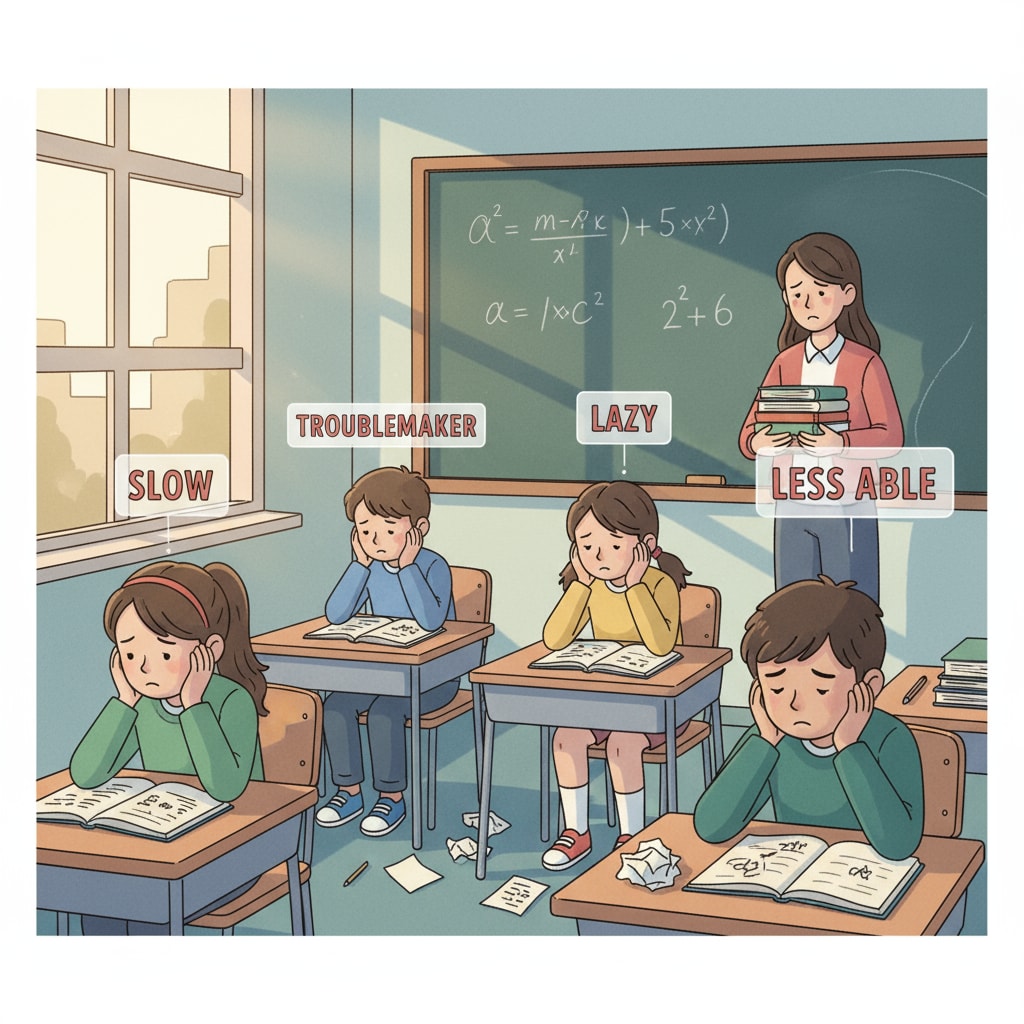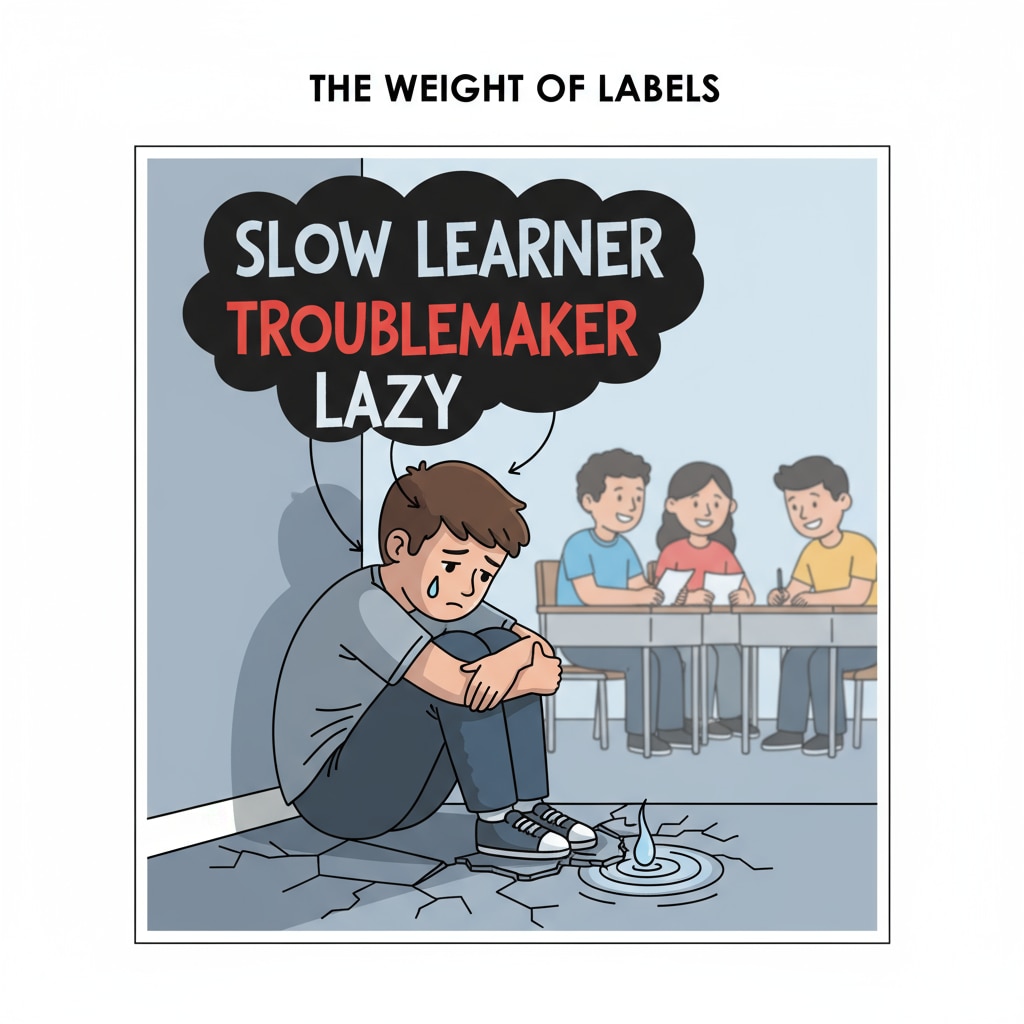In the realm of K12 education, the issues of school injustice, teacher-student relationships, and labeling are intertwined and have a profound impact on students’ growth. When teachers treat students unfairly, it often leads to students being labeled, which can create a difficult situation that hinders their development.

The Problem of Unfair Labeling
Unfair labeling occurs when teachers make hasty judgments about students based on limited information or personal biases. For example, a teacher might label a student as “lazy” just because they sometimes forget to turn in their homework. This label can follow the student throughout their school years, affecting their self-esteem and motivation. According to Education.com, such labels can create a self-fulfilling prophecy, where the student starts to believe they are what the label says and behaves accordingly.
The Impact on Students’ Psychological Development
The psychological toll of being labeled is significant. Students who are constantly labeled negatively may develop feelings of anxiety, depression, and low self-worth. They may become withdrawn and avoid participating in class activities. For instance, a student labeled as “slow” may stop trying to answer questions in fear of being ridiculed. This can have long-term consequences for their mental health. As stated by the American Psychological Association, a positive teacher-student relationship is crucial for a student’s psychological well-being, and unfair labeling undermines this relationship.

Moreover, the learning experience of these students also suffers. Labeled students may lose interest in learning as they feel that their efforts are not recognized. They may perform poorly academically, further reinforcing the negative label. This creates a vicious cycle that is difficult to break.
Readability guidance: The key points here are the problems of unfair labeling, its impact on psychological development, and how it affects learning. By using short paragraphs and providing examples, we can clearly convey these ideas. Transition words like “moreover” help to connect different aspects of the discussion.


